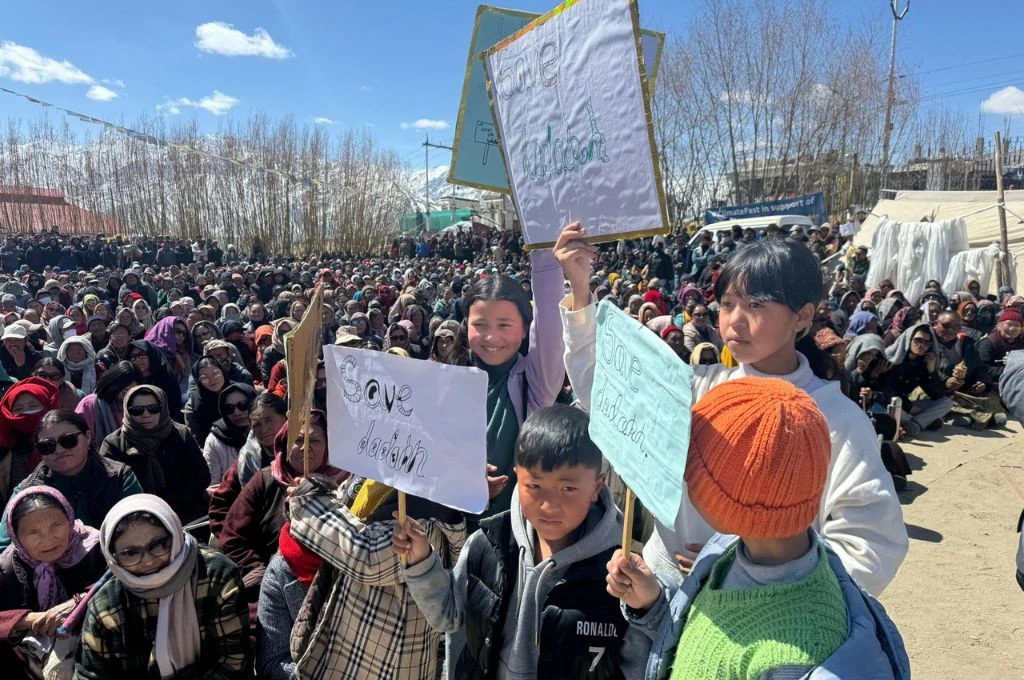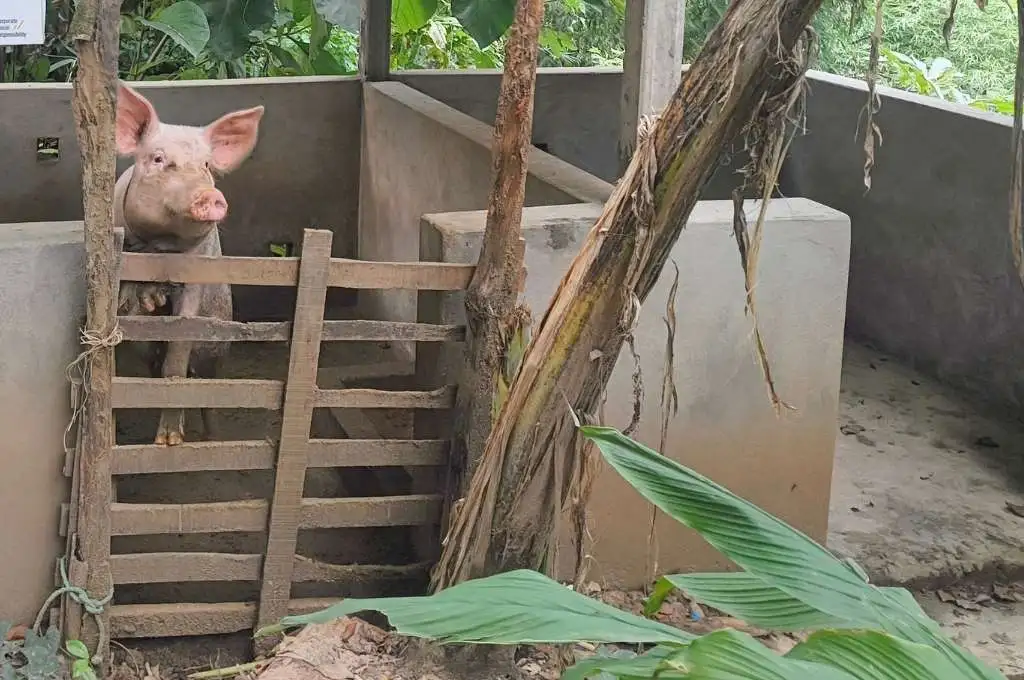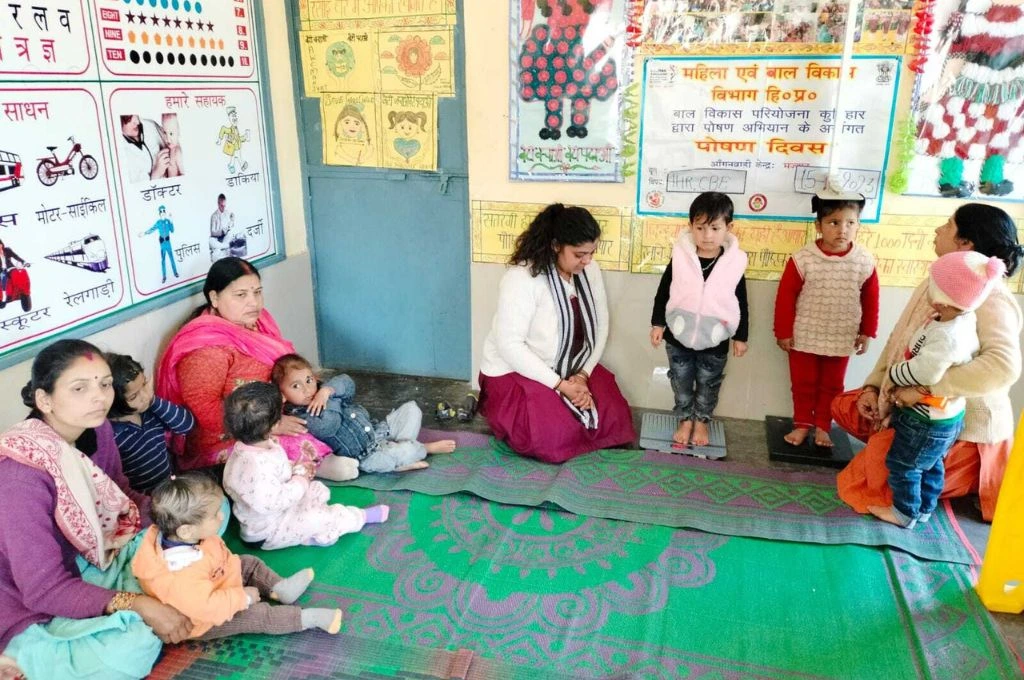READ THIS ARTICLE IN
To the beat of their drums: Keeping Adivasi traditions alive
You can consider it to be a universal truth or our belief as Adivasis: Knowledge is not an individual possession; it must transcend generations. And preserving the wisdom accumulated over a thousand years is of utmost importance to me. My father, the late Padma Shri Dr Ramdayal Munda—a leading scholar, writer, translator, musician, and tribal cultural activist—worked on this before me, and I’m sure there were many others before him. It takes only one generation to neglect this knowledge for it to vanish, and I refuse to be a part of that generation.
In light of this, many of us from different tribes—Munda, Ho, Bhumij, Santhal, and more—have been coming together for the past decade for a performance at Samvaad, a tribal conclave in Jamshedpur, organised by Tata Steel Foundation. This annual performance features approximately 500 different instruments—including nagadas, dhulkis, dumangs, and dank—that are closely associated with Adivasi communities. The performance is almost entirely led by the people. We are the ones who decide the flow of the music and the beats, and we don’t have a professional choreographer guiding us.
During rehearsal, when all of us belonging to different Adivasi communities come together, we also get the rare opportunity to interact and learn from one another, which is something that we don’t get to do very often. There aren’t enough avenues for us to connect and discuss our successes and failures. This is important because despite the differences in our appearance and attire, Adivasi struggles across the world are similar. Amidst a rapidly changing world, many of us are fighting for our land rights and to preserve our traditions and language. Networks such as this one, therefore, become crucial as a means to exchange ideas and knowledge and can play a vital role in conserving our cultural heritage.
Gunjal Ikir Munda is the co-founder of Rumbul, an organisation based in Ranchi dedicated to the conservation of tribal culture.
—
Know more: Learn how an anti-clock watch reflects the Adivasi way of life.



